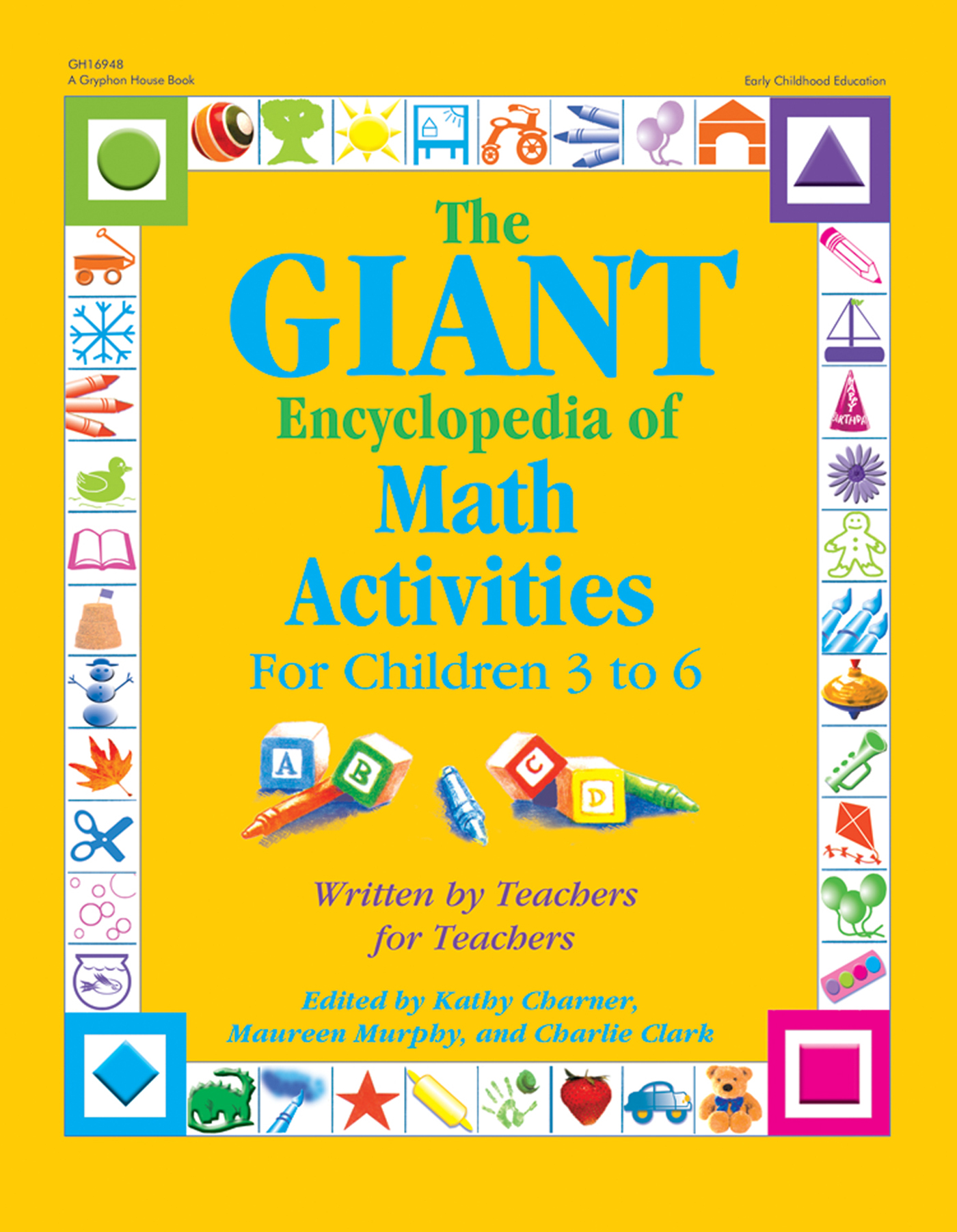Materials
none
Instructions
Use real-life, hands-on math activities to introduce young children to numbers and mathematical concepts. Talk regularly about numbers and numerical terms in daily routines with the children to help them learn math concepts naturally and make learning about numbers fun. Here are some examples:* Time: hours, days, months, years; older, younger; yesterday, today, tomorrow.* School starts at 9:00, and snack time is two hours later, at 11:00.* Our class will visit the zoo in three more days.* Andre is two months older than Janice.* Yesterday was sunny and warm, but look at the rain today! (Use a large calendar often to point out or mark special dates, both past and present.)* Size and portions: large, small; tall, short; thin, thick; wide, narrow; half, whole; full, empty; light, heavy.* You have made your clay long and thin; Danny's is flat and wide.* Let's divide the clay into four equal pieces.* How much water is in this glass?* Who is taller, John or Chris?* Shapes and patterns: circle, square, triangle, rectangle, round, sphere, star, cone.* Let's stand in a big circle.* This globe is called a sphere. How many other spheres can you find in this room?* We have square tables and we have rectangular tables.* If we line up these blocks like this, what shape (or color) comes next?* Measurement: inches, feet, yards, miles, pounds (or metric system measurements).* These nametags are 4" wide.* How many feet can you jump from this line? Let's measure.* Our rabbit weighs 10 pounds.More to do Working with Families: Create a Parent Guide with tips and ideas for talking about numbers and strengthening math skills at home. Include ideas from a variety of areas such as cooking, home projects, letter writing, household chores, reading aloud, family games, and so on. Encourage parents to talk about numbers that matter most to their child: age, address, phone number, and height and weight. Focusing on these personal numbers helps children learn many important math concepts.
